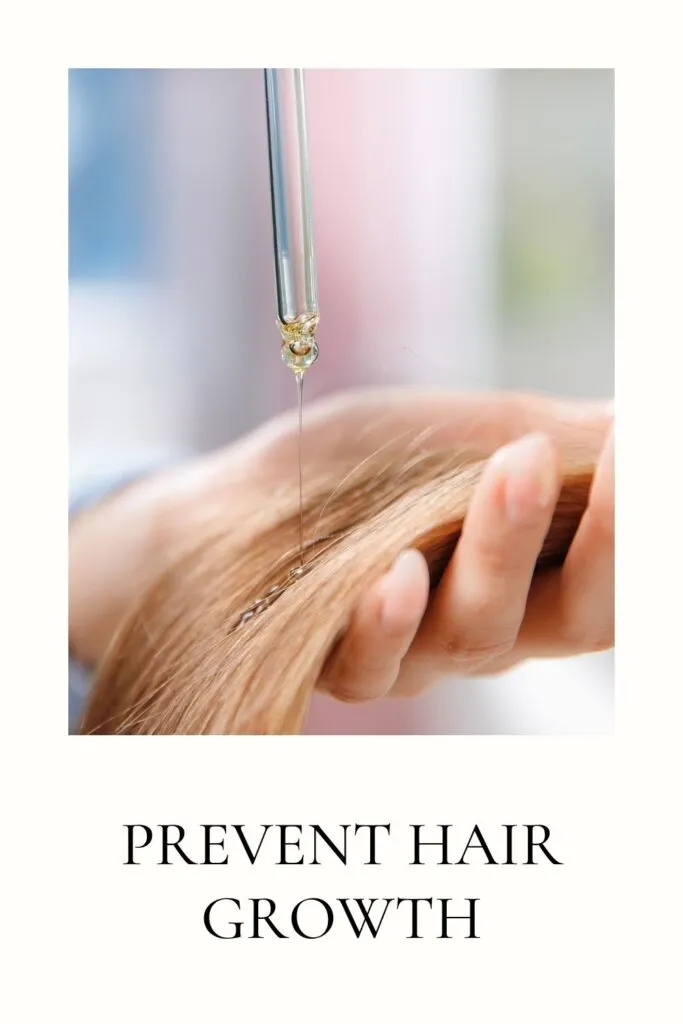Magnesium is one of the essential micronutrients needed in the body. It has many functions, including regulating enzymatic and biochemical reactions required for day-to-day living.
The roles of magnesium in the body are often emphasized except in hair health. Magnesium plays a significant role in maintaining healthy hair growth. In fact, you might not experience so much progress with your hair if you ignore your magnesium level.
This article shows you the relationship between magnesium and hair health.
- Prevents Scalp Calcification
Scalp calcification or calcium build-up is one of the greatest enemies of hair health. How does this happen? Water commonly used for bathing is called hard water which contains calcium ions. When these calcium ions react with your hair shampoo, it causes soap scum.
Scalp calcification occurs when the blood vessels under the scalp are clogged up with calcium. It causes them to become hard and stiff, preventing the easy flow of blood to the scalp. This has adverse effects on the hair. Don’t forget, blood contains nutrients that are needed for hair. When there’s a reduction in blood supply to the scalp, your hair follicles become deficient in the necessary minerals required for healthy hair growth.
Besides, calcium deposits could also cause dandruff and scalp inflammation, leading to hair loss. They also reduce the strength and integrity of your hair. The more your hair follicles get clogged, the more they shrink until they can no longer produce long and healthy hair.
Hence, calcium build-up is a great menace to your hair health. How does magnesium prevent this? Magnesium is one of the essential electrolytes of the body. This is why you need to learn how to get more natural electrolytes. When magnesium is applied to the scalp in the form of magnesium oils, it nourishes the tissues and reduces dandruff and dandruff-related problems. That is one problem solved.
Magnesium also helps to unclog the pores that have been blocked by calcium by dissolving the calcium ions. You, therefore, have hair follicles that are free and clear to grow healthy hair rapidly. Magnesium would also solve the problem of calcium imbalance. The calcium ions being stored up under the scalp and posing adverse effects on your hair are needed in other parts of the body.
When there is sufficient magnesium in the body, the cells have enough energy required to pump away these excess calcium ions from the scalp. Magnesium also stimulates the production of calcitonin. Calcitonin directs calcium storage into the bones rather than under the scalp. With magnesium, you’ll get rid of the unwanted calcium ions that are preventing the growth of strong and shiny hair.
- Helps To Grow Thick, Healthy Hair
The life of your hair is in your hair follicles. Hair follicles are majorly made up of proteins. Magnesium helps nourish hair follicles and has a vital role in protein synthesis. This helps produce melanin which improves the hair growth cycle.
The hair growth cycle consists of the growing and resting stages. So, when the process of protein synthesis is adequate, your hair passes through these normal stages, and you can predict which stage your hair is at each time. There’d be no interruptions in the cycle that will cause premature hair fall. The melanin production also helps prevent hair from turning gray.
- Helps To Reduce Hair Loss
If you’re looking to achieve good hair health, it’s important to avoid stress. Stress is as detrimental to your hair health as it is to your body. It induces the body to produce hormones such as cortisol and androgens from the adrenal gland.
Excess levels of androgen may be harmful to the hair. It could cause inflammation of hair follicles, making them shrink and unable to produce healthy hair. As a result, hair becomes thin and weak, falling off easily. This is how much stress can affect your hair.
However, it’s almost inevitable not to experience one form of anxiety or the other as the day runs by. Stress could be as simple as getting angry. However, the effects of magnesium would help alleviate the impact of stress on your hair. While stress factors may still be present, you can have strong and healthy hair.
Conclusion
Your diet says a lot about your hair health. This is why it’s advised to take adequate amounts of magnesium to take your hair health to the optimum. Indeed, magnesium deficiency is one of the quickest ways to experience hair loss, so your hair care routines should always include magnesium. You can get your daily magnesium requirements by taking a magnesium supplement and eating food rich in magnesium.


